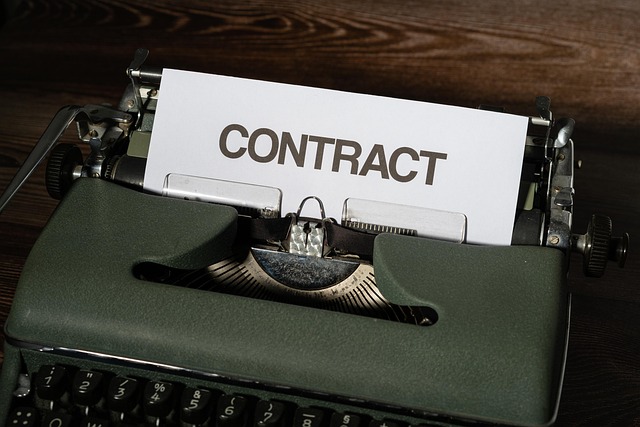In real estate, contingencies like mortgage approval, property inspection, and appraisal are crucial for buyers and sellers to navigate risks and ensure transparency. Meticulous inspections that go beyond surface checks, coupled with detailed documentation, safeguard investments and foster trust among stakeholders. A systematic approach to managing these aspects through contract review, organized timelines, and clear communication is vital for facilitating smooth, successful transactions in a competitive real estate market.
In the dynamic world of real estate, understanding contingencies is paramount. This article guides you through the intricacies of assessing and managing contingencies in transactions, focusing on two key aspects: “Understanding Contingencies in Real Estate Transactions” and “The Importance of Careful Inspection Requests.” By exploring effective strategies, you’ll gain insights into navigating these crucial steps to ensure smooth deals, minimizing risks, and maximizing returns.
Understanding Contingencies in Real Estate Transactions

In real estate transactions, contingencies are specific conditions that must be met before a deal is considered final. These can include financial aspects like mortgage approval, appraisal values matching the purchase price, or inspection reports revealing no significant issues with the property. Understanding these contingencies is crucial for both buyers and sellers to navigate the process smoothly.
Contingencies ensure that all parties involved have a clear idea of what’s expected and help mitigate risks. For instance, an inspection contingency allows buyers to assess the property’s condition and make informed decisions. If issues are found during the inspection, the buyer can choose to terminate the contract, securing their investment, or renegotiate terms with the seller. This process fosters transparency and fairness in real estate deals.
The Importance of Careful Inspection Requests

In the dynamic realm of real estate, where transactions are complex and valuable assets are at stake, meticulous attention to detail is paramount. Among the many crucial steps in the buying or selling process, careful inspection requests stand out as a cornerstone of responsible property management. A thorough inspection request isn’t just about gathering information; it’s a strategic move to safeguard investments, identify potential issues early on, and ensure transparency throughout the deal.
When handling inspection requests, real estate professionals must go beyond surface-level checks. They should meticulously outline specific areas of concern, historical maintenance records, and any unique features or red flags that might impact the property’s value. This proactive approach not only helps in securing a sound investment but also fosters trust between all parties involved, ensuring a smooth and mutually beneficial real estate transaction.
Strategies for Effective Contingency Assessment and Management

When assessing contingencies and inspection requests in real estate, a methodical approach is key. Begin by thoroughly reviewing all contracts and agreements to identify potential triggers for contingencies, such as home inspections, appraisals, or financing conditions. This proactive step allows for better preparation and quicker response times, which are crucial in a competitive market.
Effective contingency management involves staying organized and maintaining open communication with all parties involved. Create a clear timeline for addressing each contingency, assigning responsibilities, and setting deadlines. Regularly update all stakeholders as progress is made. This transparent process ensures everyone is on the same page, reducing misunderstandings and potential delays, ultimately facilitating smoother transactions in the real estate sector.






